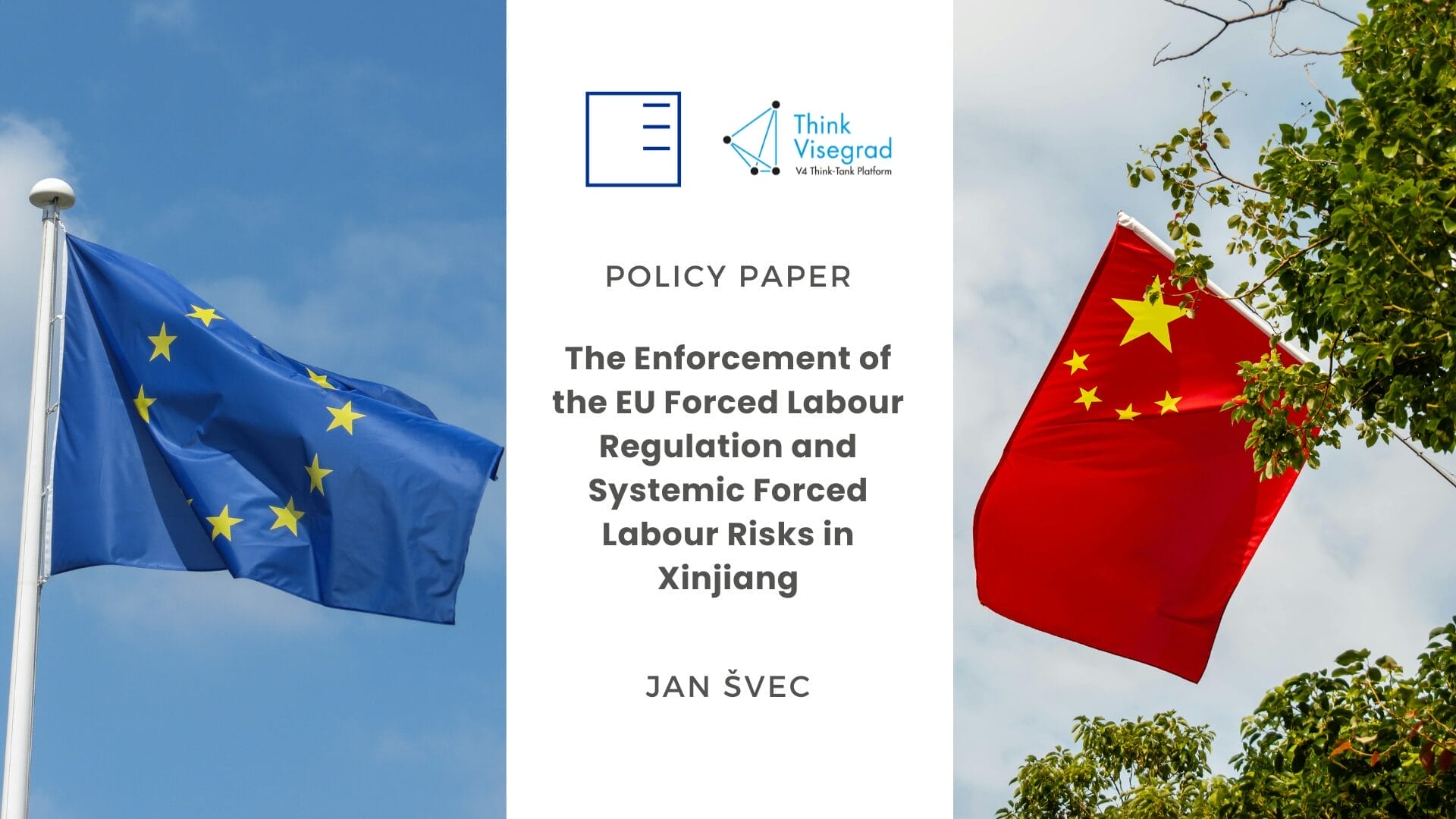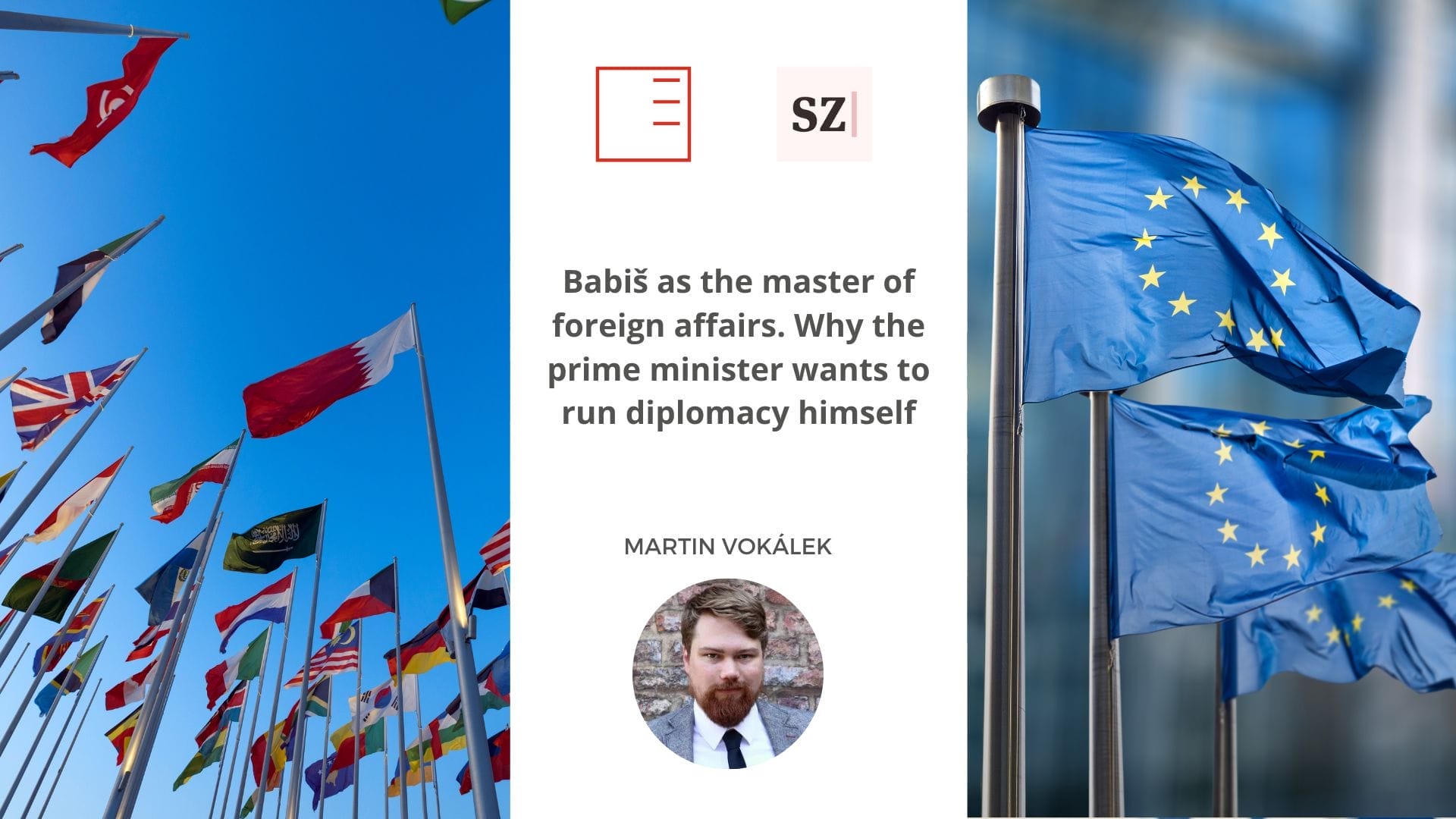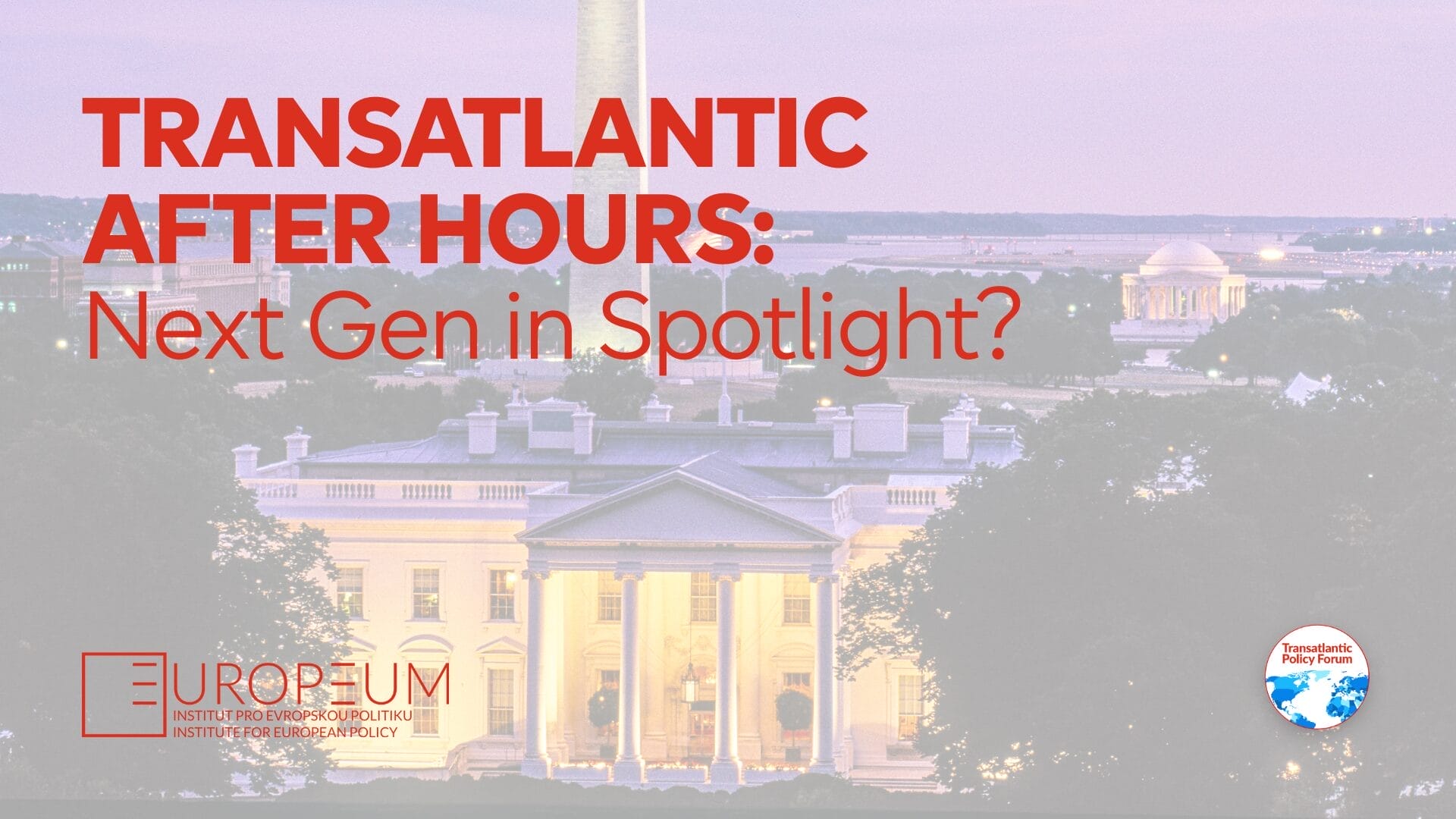Policy Brief | Cleavage Formation in the European Parliament and the Implications for EU Politics and the Democratic Deficit

In 2009, Liesbet Hooghe and Gary Marks argued that public opinion in the European Union had shifted from a “permissive consensus” to a “constraining dissensus,” giving mass politics a greater role in the integration process than traditional theories had assumed. This shift opened up a debate on the so-called democratic deficit of the EU—a contested concept, yet one with real political consequences. It became most visible in the European elections, long considered “second-order” contests characterized by low turnout and protest voting. However, the elections in 2019, and especially in 2024, disrupted this pattern: voter turnout increased, European issues became more politicized, and party positions became more polarized. These changes suggest the emergence of a new transnational cleavage and a potential turning point in democratic engagement with the EU, writes Csaba Stefán, a research fellow at the Hungarian Institute of International Affairs, in his policy brief.
Csaba Stefán works as a research fellow at the Hungarian Institute of International Affairs. His research areas are the European Union and Germany. He earned his bachelor’s degree in International Public Service Management from the University of Public Service and his master’s degree in International Relations from Corvinus University in Budapest. He began his career at the Robert Schuman Institute in Budapest and later completed a six-month Blue Book Traineeship at the European Commission in Brussels. In his research, he focuses primarily on the nexus of integration theories, the democratic deficit, and post-Westphalian thinking, as well as on Germany’s political system and its relations with the EU. Since September 2024, he has been serving as a research fellow at the institute.
Read the full policy paper in the PDF below:





